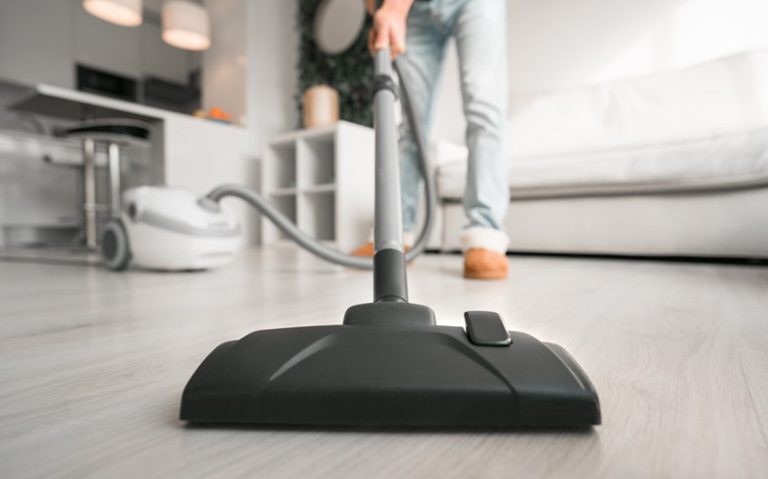Asphalt driveways are an in-demand option for homeowners owing to their cost-effective nature, and overall aesthetics. But, like other materials, asphalt wears and tears over time with surface degradation, thus impacting both the appearance and functionality of your driveway.
At some point, you must decide whether to resurface or replace your driveway. Know that maintaining an asphalt driveway involves timely repairs, and sometimes, more extensive interventions, such as complete replacement.
These decisions are often influenced by numerous factors, including the extent of damage, and budget constraints. Pricing can vary and a valuable resource to decide whether to resurface or replace is by preparing a preliminary cost estimate by using construction cost estimating firms. They’ll give you a realistic budget for your project. Remember, making the right choice can save time and money while also extending the life of your driveway.
This guide provides a comprehensive overview of the factors to consider when deciding between resurfacing and replacing your asphalt driveway.
Signs You Need to Resurface Your Driveway
Resurfacing involves applying a new layer of asphalt over the existing surface, providing a fresh, smooth finish. It is a cost-effective solution for driveways that exhibit minor to moderate surface damage.
Here are some signs that indicate resurfacing may be the appropriate choice:
1. Surface Cracks
Small, surface-level cracks can be effectively addressed through resurfacing. These cracks usually occur due to regular wear and tear and can be sealed with a new asphalt layer.
2. Minor Potholes
Potholes that are confined to the surface layer can be filled and covered during the resurfacing process. However, if the potholes are deep and extensive, replacement might be necessary.
3. Fading and Discoloration
Over time, exposure to weather elements can cause asphalt to fade and lose its original color. Resurfacing can restore the aesthetic appeal of your driveway without the need for a full replacement.
4. Slight Unevenness
If your driveway has become slightly uneven because of minor shifts, resurfacing can help level the surface. However, don’t forget to address the underlying cause of the unevenness to prevent future issues.
Signs You Need to Replace Your Driveway
Replacement encompasses removing the existing asphalt driveway and installing a new one from scratch. This option is more intensive and costly but is necessary for driveways with significant structural damage.
Some signs that highlight the need of replacing your driveway are:
1. Extensive Cracking
Cracks that are large and penetrate the entire thickness of the asphalt indicate severe structural damage. Resurfacing such driveways would only provide a temporary fix, while replacement addresses the root cause of the problem.
2. Large Potholes
If your driveway has numerous large potholes, simply filling them is not enough. These potholes often signify underlying base issues that require a complete overhaul to prevent recurrent damage.
3. Subgrade Issues
Problems with the subgrade, such as poor drainage or soil instability, necessitate a full replacement. Without addressing these foundational issues, any resurfacing efforts would be futile.
4. Severe Drainage Problems
Persistent drainage problems that lead to water pooling and erosion require a thorough reconstruction of the driveway. Proper drainage solutions can be implemented during the replacement process to ensure longevity.
5. Age and Wear
Asphalt driveways typically last between 15 to 20 years. If your driveway is approaching or has exceeded this lifespan, replacement is a more viable option than resurfacing.
Remember, an old driveway is likely to have multiple underlying issues that resurfacing might not adequately address.
Benefits of Hiring a Professional Asphalt Paving Contractor
Whether you decide to resurface or replace your driveway, hiring a professional contractor is necessary to achieve the desired results. Major benefits include:
1. Expertise and Knowledge
A professional asphalt paving contractor will have the expertise to assess the condition of your driveway accurately and recommend the most appropriate solution.
They understand the complexities involved in both resurfacing and replacement operations and can execute them efficiently.
2. Quality Materials and Equipment
Reputable contractors normally use high-quality materials and state-of-the-art equipment to ensure long-lasting results. With access to advanced technologies, they can considerably enhance the performance and appearance of your asphalt driveway.
3. Time and Cost Efficiency
Undoubtedly, professionals can complete the resurfacing or replacement process in a timely manner, minimizing disruptions to your daily routine. Not to mention a notable decrease in control costs, preventing unnecessary expenses.
4. Warranty and Support
Many professional contractors offer warranties on their work that promise peace of mind and protection against potential issues. On top of that, they also offer ongoing support to keep your driveway in excellent condition.
Conclusion
Deciding whether to resurface or replace your asphalt driveway is a major decision that depends on factors such as the extent of damage, and underlying issues. Know that resurfacing is a cost-effective solution for minor surface damage, while replacement is necessary for severe structural problems.
Either way, considering the specific needs of your driveway, you can make an informed decision that best suits your budget and long-term goals.







